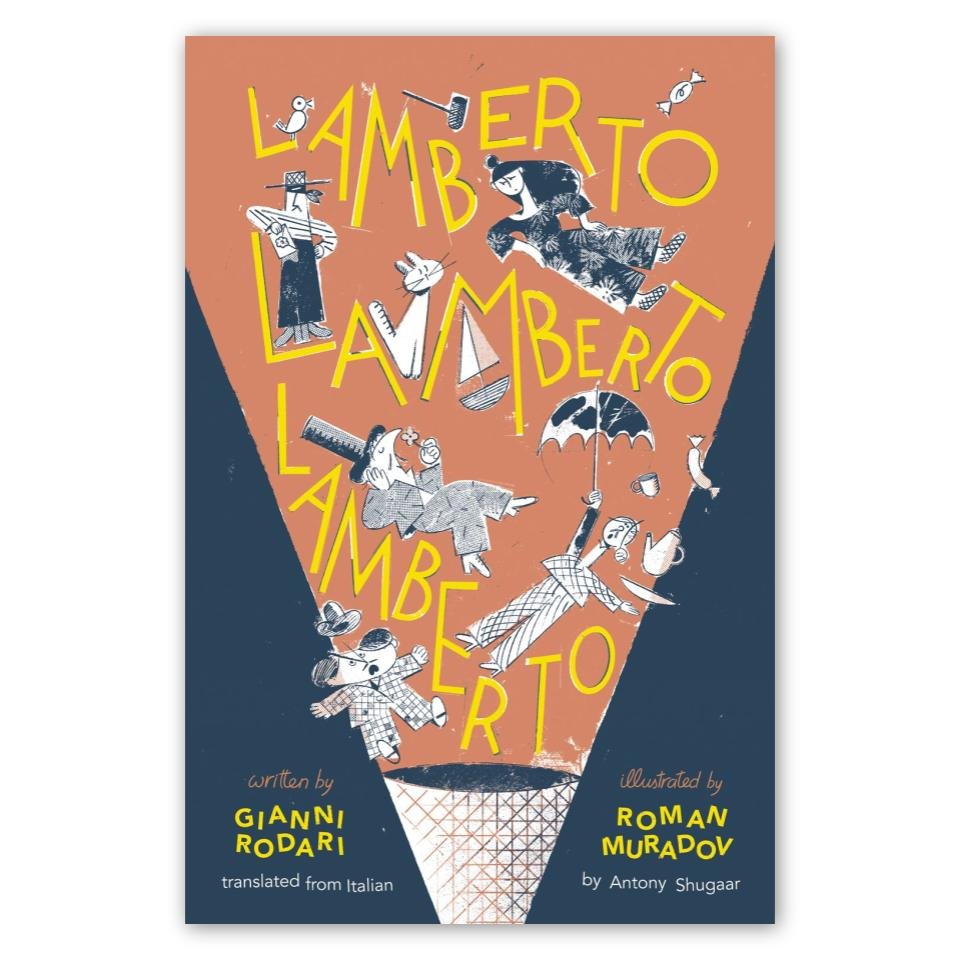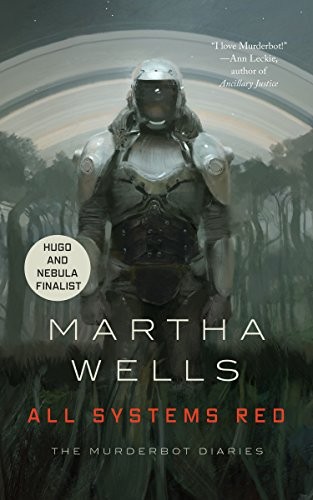Andrew Goldstone finished reading Artificial Intelligence by Melanie Mitchell
Taught this in a class on "ghosts in the machine" in Science Fiction, in order to supply some "real-world" ghosts and displace the hype-based idea of "AI" students are carrying around at present. Found this because one of the Internet's Great Sages, Cosma Shalizi, recommends Mitchell's writing on the subject. No surprise, I liked it; also (in hindsight) no surprise, Mitchell was Douglas R. Hofstadter's graduate student. She has a "fluid analogies" kind of perspective on intelligence, and writes well, in the popular-science mode, about developments in the field from the earliest days. Her examples of the failure modes of the various breakthrough neural nets are entertainingly compelling—and made a real impression on some of my initially AI-happy students. However, in the way of such things, some of her failure modes have since turned into (apparent) LLM successes, like Winograd schemas. She also maintains a level of calm in writing …
Taught this in a class on "ghosts in the machine" in Science Fiction, in order to supply some "real-world" ghosts and displace the hype-based idea of "AI" students are carrying around at present. Found this because one of the Internet's Great Sages, Cosma Shalizi, recommends Mitchell's writing on the subject. No surprise, I liked it; also (in hindsight) no surprise, Mitchell was Douglas R. Hofstadter's graduate student. She has a "fluid analogies" kind of perspective on intelligence, and writes well, in the popular-science mode, about developments in the field from the earliest days. Her examples of the failure modes of the various breakthrough neural nets are entertainingly compelling—and made a real impression on some of my initially AI-happy students. However, in the way of such things, some of her failure modes have since turned into (apparent) LLM successes, like Winograd schemas. She also maintains a level of calm in writing about "the Singularity" (while shredding the arguments about it) that I truly admire. Recommended for your students and/or your aggressive relations who want to tell you over the holiday table that the humanities are obsolete now.

















